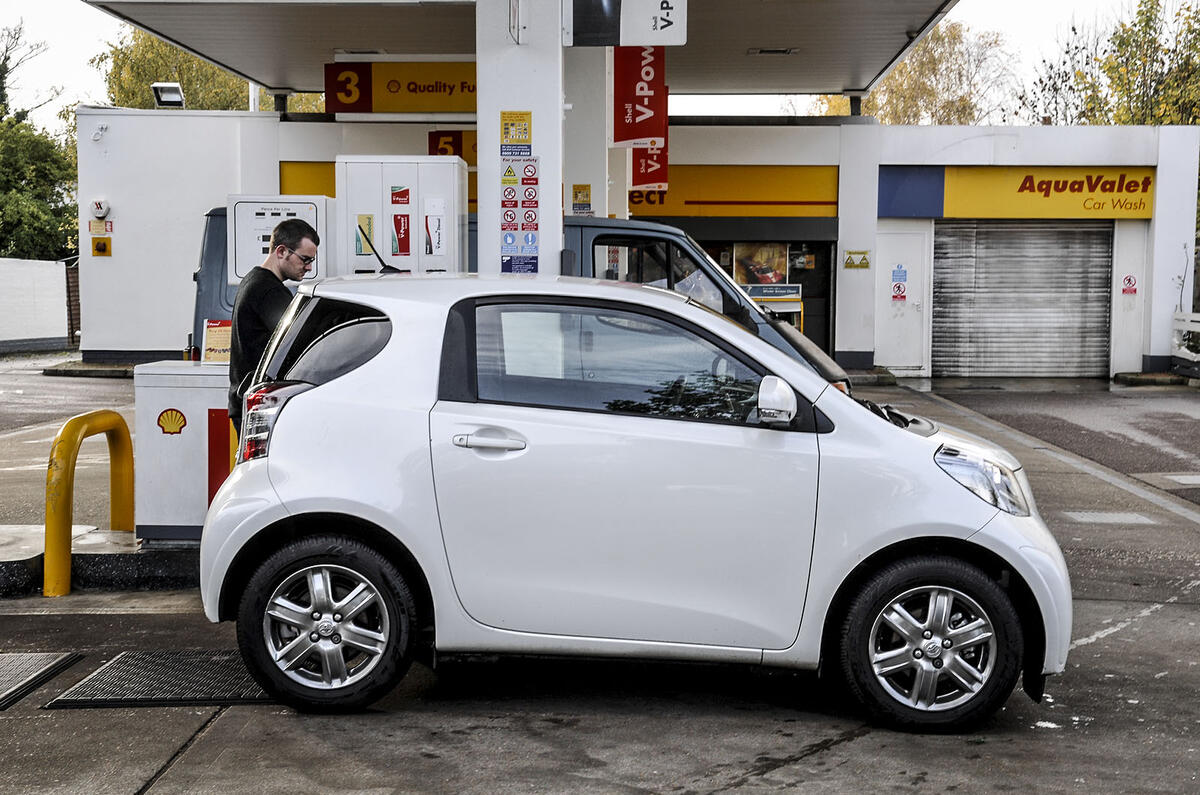Yesterday’s autumn statement wasn’t too much of a shock for hard-pressed motorists, but there’s trouble to come, primarily in the form of the notorious fuel duty escalator being revived.
Tax on road fuel will be raised automatically by the rate of inflation from April next year and the Treasury says it expects to raise an extra £2.3bn over the four-year period to 2020.
Clearly, a policy-decider has figured that oil prices will remain relatively low for the next few years, so drivers will have lost some of the fuel savings of recent times (there’s a huge oversupply of oil at the moment, partly caused by traditional pumpers in the Middle East allegedly trying to choke off America’s new shale gas industry by driving down the cost of a barrel of oil).
Of course, the Treasury, which needs every penny it can get its hands on when the UK is borrowing £78bn this year, won’t just sit by and watch its income from fuel duty gently sink as drivers buy more economical cars and drive them less.
The Treasury also expects to raise £1.4bn by keeping the 3% diesel supplement for company car taxation until 2021, due to ‘the slower-than-expected introduction of more rigorous EU emissions testing’. This explanation doesn’t seem to make immediate sense, but I suspect it is hinting that 2021 will mark a major change in the way motorists are taxed.
More immediately, the sweetener for the planned increase in fuel taxes comes in the form of investment in the roads. Spending this year is a miserable £1.8bn, but it will rise to £2.5bn in 2017-18 and £3.9bn in 2020-21.
The highway maintenance fund, however, is stuck at £1bn a year for the next five years, but with an extra £250m for pothole abatement thrown in. £600m has also been allocated for the next five years to support the ‘uptake and manufacturing of ultra-low emission vehicles in the UK’.
It's worth comparing spending on the roads and on rail in 2020-21. While road investment rises to a £3.9bn (from £1.8bn this year), spending on maintaining the existing rail network will be £5.3bn and another £4.8bn will be spent for the HS2 line from London to Birmingham.





Join the debate
Add your comment
Watch out for the Eurotax (road pricing)
Last April, the Commission unit for transport (DG MOVE) announced intentions towards a 'Proposal for a Road Package' with 'road charging of passenger cars'.
I only found it on a Swedish website; apparently behind closed committee doors only the Swedes and British delegates voted against.
This may be below the radar in 2016 as the EU is likely to be taking it forward under the banner of the 'Energy Union' rather than a transport measure. If you don't want to be tagged, tracked and taxed then vote 'Leave' in the EU referendum.
Borrowing
I think you intended to say "when the UK is borrowing an additional £78bn this year". The UK government is already borrowing approximately £1.6 trillion.
As has been mentioned by Norma Smellons, the latest official forecast cost for HS2 is £55bn. It has been recognised by another government dept that at least eight costs have been omitted from this figure. Therefore the final cost for HS2 could be close to double the currently quoted figure. Just think to what better uses you could put that amount of money.
They spend all the money on